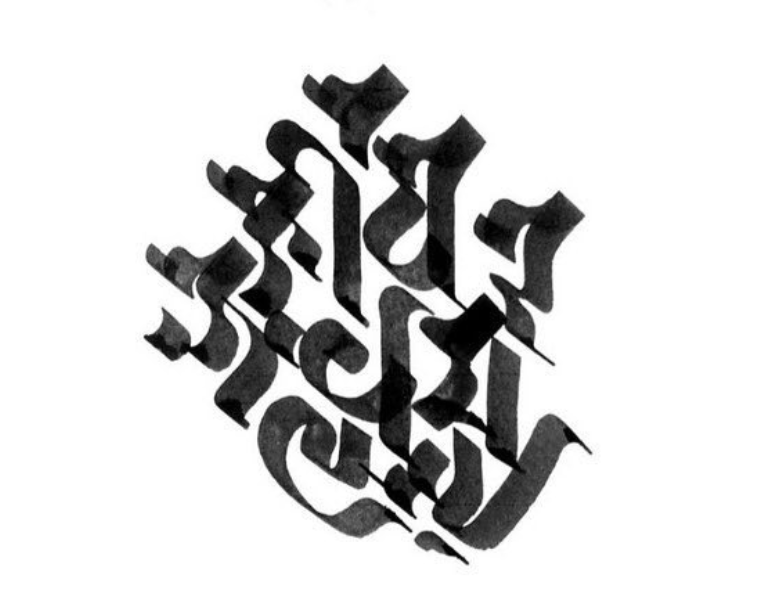Betrayal and Becoming

I recently had the privilege of co-leading a weekend retreat with Padmanabha Swami and Deva Madhava at The Harmony Collective in Ypsilanti Michigan. My basic contribution to the weekend was first a suggestion of a type of “spiral dynamic” structure for reflecting upon and mapping out the major transformative events—for better or for worse—in one’s spiritual process so far; and then the crafting of a “divulgence” circle wherein three generations of participants sat in a witnessed-circle vulnerably revealing the contents of their mapping while the rest of the participants sat in a witnessing-circle surrounding them with faith that there is equally powerful medicine in witnessing as it is in being witnessed. It ended up being a very beautiful, albeit an extremely emotional process that had many of us drained for much of the week that followed. It was as if we were broken, made to purge, and then sealed back up somehow renewed. It honestly felt like a shamanic plant medicine process, but our medicine was our own emotions processed or at least shone light upon for processing.
Although there were stories of inspiration, particularly at the generation phase of the spiritual life cycle, most of the stories were “marred” by a consistent theme of betrayal—by one’s community, one’s practice, one’s guru, or even one’s God! So consistent was this theme, that one of the witnessing-circle members, almost like an emissary voice speaking on behalf of the collective, expressed an almost incredulous malaise at this revelation which apparently echoed this member’s own process too!
I almost instantaneously met this nonplussed collective energy with an unsettling and inexorable truth of being:
“We are bound to betray one another, by dint of our ontological finitude!”
I had to quickly explain myself because of how unpalatable this sounds; and I am sure that my explanation wasn’t too affective due to the emotionally charged atmosphere into which it was spoken. Still it needed to be said, if only to be reflected upon later in a more tranquil inner space, that the very nature of our constitution as finite beings (anu) almost obliges we act in ways that factually or even just emotionally leave someone let down, i.e. betrayed. Overwhelmed at times by powerful psychological forces, we act, as if forced against our own desire [3.36 bhagavad-gita]; or else we act in ways that trigger a chain of reactions that could’ve never been foreseen and end up in the real or the sense of betrayal of those near us who are blown up, so to speak, by those reactions. To this latter point, finite beings are poetically walking into a mine field of reactions for every act performed and thus can never really know what they’re doing which is probably part of why Krishna says the ways of action are bewildering even for the enlightened [4.16 bhagavad-gita]. Even when situated in integrity and empathy, we may confide or be confided in, and fail to be placated or to placate, because finitude disallows full insight into another’s heart. In short, finitude or, in other words, the suffering of limitation, almost obliges us to betray and feel betrayed.
And as uncomfortable as it might be to embrace, this betrayal might be argued as essential to the process of seeking with ardent avidity “the More,” that which is not constituted of finitude. Betrayal may in fact be part of the fertilizer that nourishes the flower of our becoming; that which facilitates the growing beyond the delimitations of dependence on the limited into a truer surrender to the fullness of Reality as It wants to work in our being; the profoundly bitter medicine that heals us from unconscious passivity and actualizes an ever attentive awareness and attunement to what’s Real.
It is not that betrayal inevitably leads to these fruits of interior expansion. But these fruits are available for those who shall meet inevitable betrayal as the harbinger of “the More.” When we pray for “More” in terms of inner experience, either supplicated before a Deity or just in the secret and incessant whisper in our head, betrayal may likely be part of the answer to that prayer. May we have the courage to stare it in the face unblinkingly and greet it with a “Hello darkness, my dear friend,” or something of the sort.

Member discussion